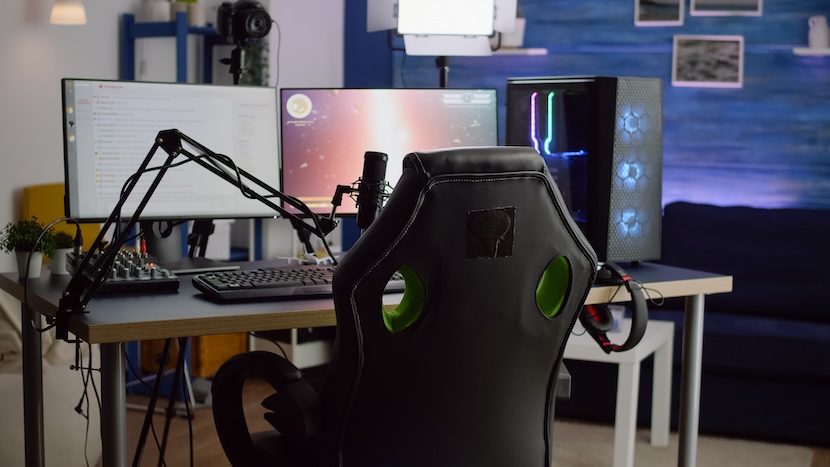In Defense of Desktop Computers

The debate between the convenience of portable devices and the stalwart reliability of desktop computers continues. However, amidst this debate, the enduring relevance of desktops is bolstered by two key advantages: upgradability and longevity.
The Unmatched Upgradability of Desktop Computers
Desktop computers are the epitome of modularity in the realm of personal computing. This design philosophy is not merely a feature but a fundamental characteristic that offers unparalleled benefits. The ease with which memory and storage drives can be upgraded is a mere entry point into customizations available. The potential to update components like processors, video cards, and motherboards ensures that a desktop can keep up with advancements.
For professionals whose work demands cutting-edge performance, this ability to upgrade is not just a convenience; it’s a necessity. In industries where things evolve rapidly, being able to interchange components means staying competitive without purchasing new systems constantly.
Longevity: A Sustainable and Economic Choice
The longevity of desktops is a natural extension of their upgradability. Properly maintained, desktop computers should last at least three to five years, but many push beyond five to eight-years. This extension of service life is not only economical but also environmentally sustainable, as it mitigates the electronic waste crisis.
Manufacturers recognize this durability, often offering extended warranties that can significantly boost the lifecycle of a desktop. The replacement cycle for desktop PCs reflects this endurance, with the average desktop being replaced roughly every five years—a figure that’s expected to increase.
Desktop Computers in the Gaming World
In the gaming community, the preference for desktops over laptops is pronounced. Desktops deliver superior performance, greater customization, and, importantly, a longer lifespan. Gamers, a demographic known for valuing peak performance and the ability to upgrade, often find that investing in a desktop is the more logical long-term choice.
Economical Over Time
The initial cost of a desktop may be higher than that of a portable device, but when amortized over its life span, the cost of ownership can be significantly lower. The incremental nature of upgrades allows users to manage their investment over time, adapting their systems to changing needs without the total overhaul required by non-upgradable devices.
The Future of Desktops
In conclusion, the defense of desktop computers is robust when considering their upgradability and longevity. The desktop stands as a paragon of sustainable computing, offering users a financially and environmentally responsible choice that aligns with both current needs and future developments.
The true essence of desktops transcends raw power or performance metrics. It lies in their capacity to grow and adapt, to serve as a foundation upon which users can build a personalized computing experience that stands the test of time. As we balance the scales between innovation and sustainability, the desktop remains a compelling choice, proving that sometimes, the best way forward is to stand firm on a solid foundation.
Learn about how Viewabo, an Interactive Visual Support tool, can improve customer experiences.
